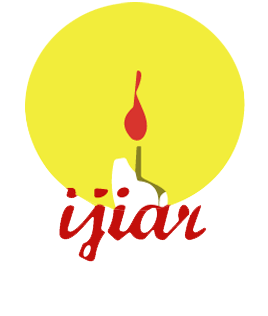Peer mentoring by university students teaching underprivileged youth– towards a sustainable model in India
- Associate Professor, NIIT University Neemrana, Rajasthan, India.
This study is exploratory in nature and attempts to examine if undergraduate University students belonging to affluents families with good command in English can teach underprivileged youth who otherwise would be taught by trainers coming from remote backgrounds. This paper is a qualitative report of a unique program that was initiated by a university in collaboration with an organization in India. It has been observed that not-for-profit organizations face challenges when it comes to engaging quality resources. For example, in this study, getting quality trainers to train underprivileged students is a challenge as these trainers themselves come from remote areas. NIIT Foundation (NF) is a not-for-profit organization that skills underprivileged youth to become placeable for entry level jobs in various sectors. Since spoken English is considered a vital skill as a selection criterion, NIIT Foundation created a short course namely ‘English for Work’ to get underprivileged student to get jobs. This is the first time that the foundation got university students to teach their students. The course is a short course completely structured. After a careful selection process, the organization identified 10 students from a university studying B. Tech to teach the underprivileged students. Going forward, the 10 University students will be referred to as mentors. These mentors were assigned 10-15 students i.e., NF underprivileged students. These students come from different states of India and took the sessions (classes) online. The findings are qualitative in nature. They are more in terms of experiences shared by both mentors and students. The findings seem very positive and meaningful both for the mentors and the students. All the students got placed, which is an indicator of the success of the study. The findings can therefore be claimed as being encouraging and credible to build a case for a scalable model.
Associate Professor, NIIT University Neemrana, Rajasthan, India.
Share this article
